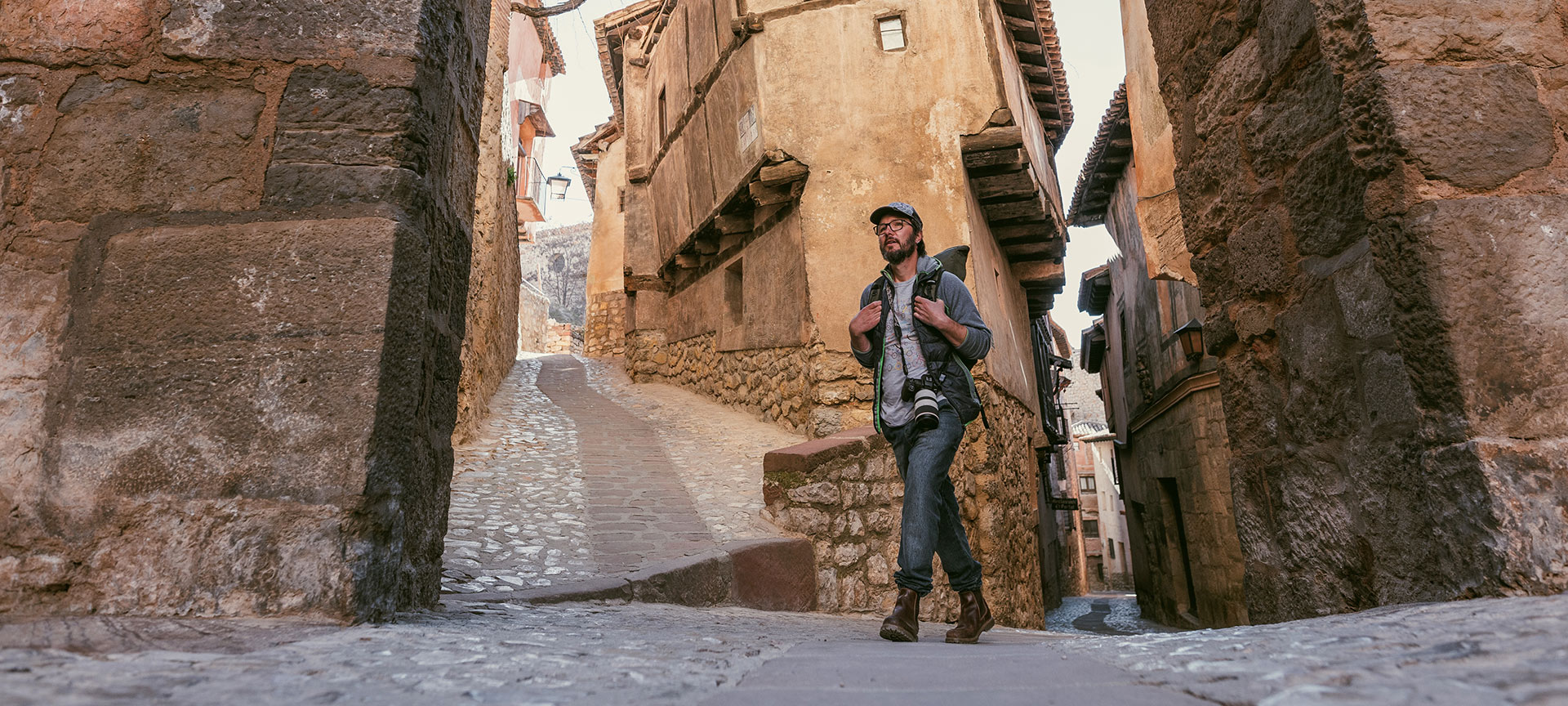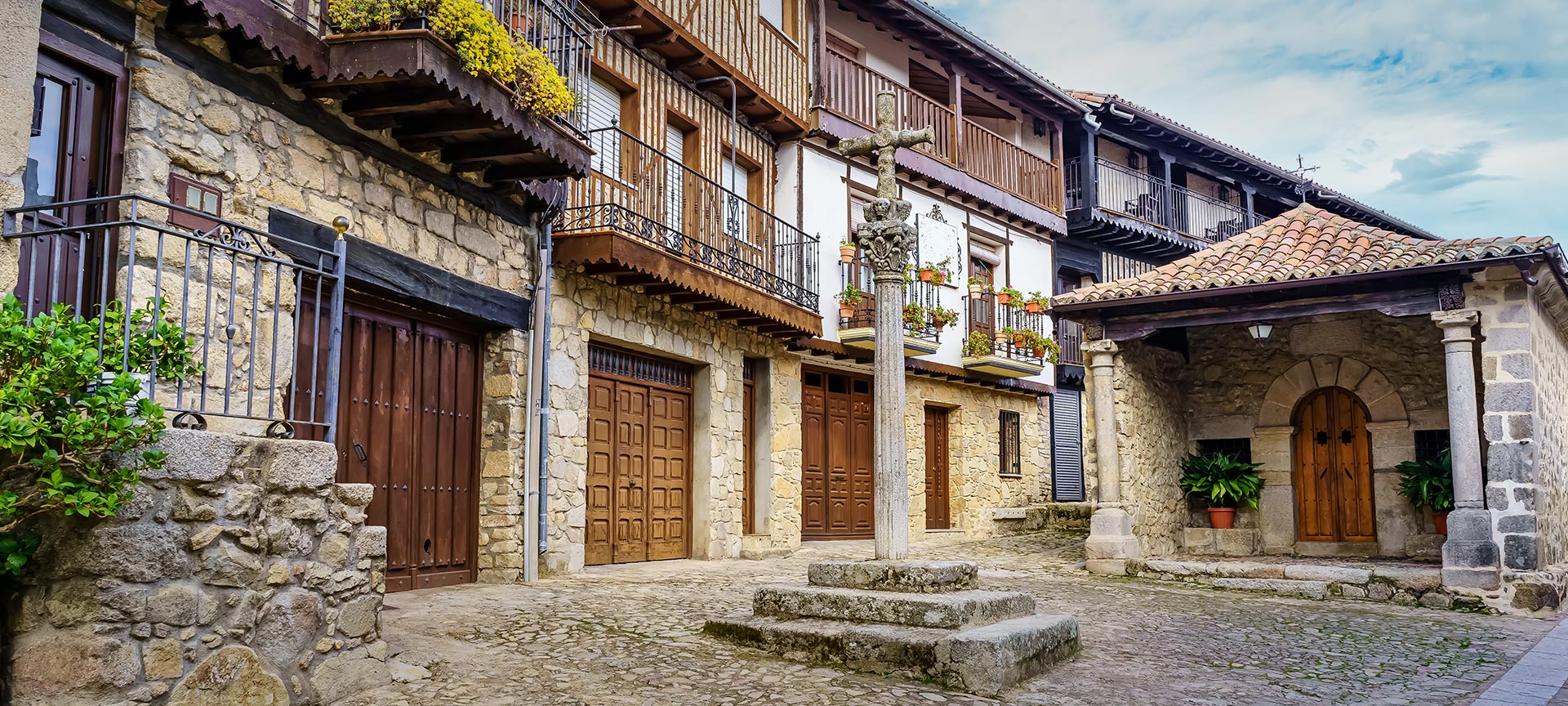Planning a sustainable holiday is easy if you have the right information. Knowing that the places you visit promote respect for the environment is also a satisfaction that adds value to the experience.The Spanish platform “I'm an Eco-tourist” is a great guide to discover extraordinary natural spots and how travel can contribute to the preservation of the natural environment. Do you want to know how to join the ecotourism movement in Spain and enjoy an unforgettable stay?
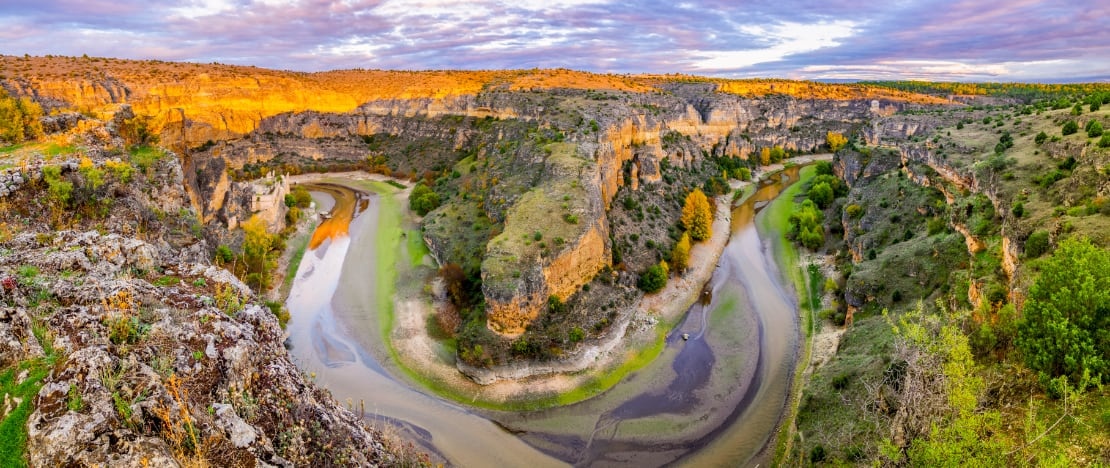
Ecotourism destinations and experiences
The Spanish Ecotourism Association (AEE) is a non-profit organisation founded in 2010 to promote sustainable tourism in protected areas. It is made up of tourism companies located in natural areas; protected area management entities; public administrations; rural development groups; nature conservation organisations; universities; and companies specialising in tourism. The “I'm an Eco-tourist” initiative blends ecotourism destinations and experiences in Spain in regions with protected areas. These natural areas of special conservation can be Biosphere Reserves, National Parks, Natural Parks, Geoparks and Natura 2000 Network Spaces, among others. “I'm an Eco-tourist” helps you find a wide range of accommodation options and all kinds of activities to explore nature and the local way of life. Of course, they all have to have something in common: they meet a series of fairly demanding environmental and social requirements. You can enjoy many and unique activities: from becoming a beekeeper for a day at the Redes Natural Park, in Asturias, to participating in a medieval workshop with medicinal plants in Sierra Espuña, Murcia, or building igloos with the family at Ordesa and Monte Perdido Nature Reserve, making the most of the snowy months of winter at the Pyrenees of Aragón. Imagine kayaking in the Riaño dam, León, in a stunning setting surrounded by the majestic Picos de Europa; hiking under the stars in Sierra Nevada or enjoying a boat trip along the coast of the Basque Country, right in front of San Juan de Gaztelugatxe.

Contribution to local development
The “I'm an Ecotourist” label aims to guarantee the active contribution of national and international travellers to achieving a three-fold objective by choosing one of these options: The conservation of the area's biodiversity, the local development of the spaces visited and, of course, the well-being of its inhabitants. Under the Soy Ecoturista brand you can find, therefore: - Protected areas across Spain that stand out for their landscapes and for their Sustainable Tourism Plan. - Accommodations that collaborate with protected areas by helping in their preservation and collaborating in their sustainable local development. Experiences for all ages and interests, allowing you to enjoy while you discover these protected areas.
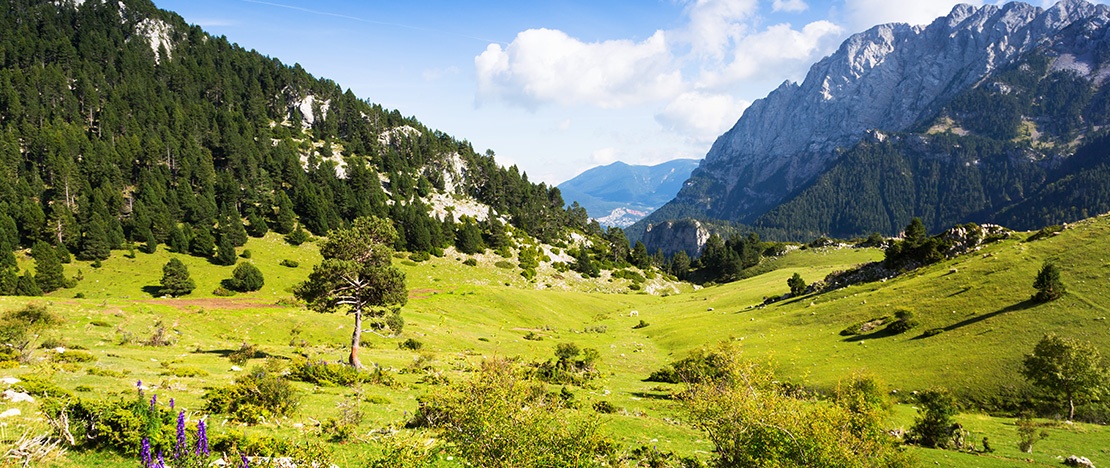
Sustainability requirements systems
Companies and destinations with the seal of or that meet the requirements of the sustainability systems guarantee that visitors will receive a product or service with the “Ecotourism in Spain” environmental and quality seal. The Natura 2000 Network system, the European Charter for Sustainable Tourism (CETS), Biosphere Reserves, as well as the system of collaborating companies of Spanish geoparks, are just some of the control mechanisms used by the Spanish Ecotourism Association and which are part of the “I'm an Ecotourist” seal. Please note that when choosing accommodations, you will have access to detailed information on the specific actions taken by each establishment to fulfil its ecotourism commitment. For example, a country house lodge found in the oldest village of Ambroz Valley, in Segura de Toro, has optimised its energy consumption with solar panels that cover 75% of its total consumption of electricity. Or collaboration with a local NGO on a project to create organic gardens in the area.
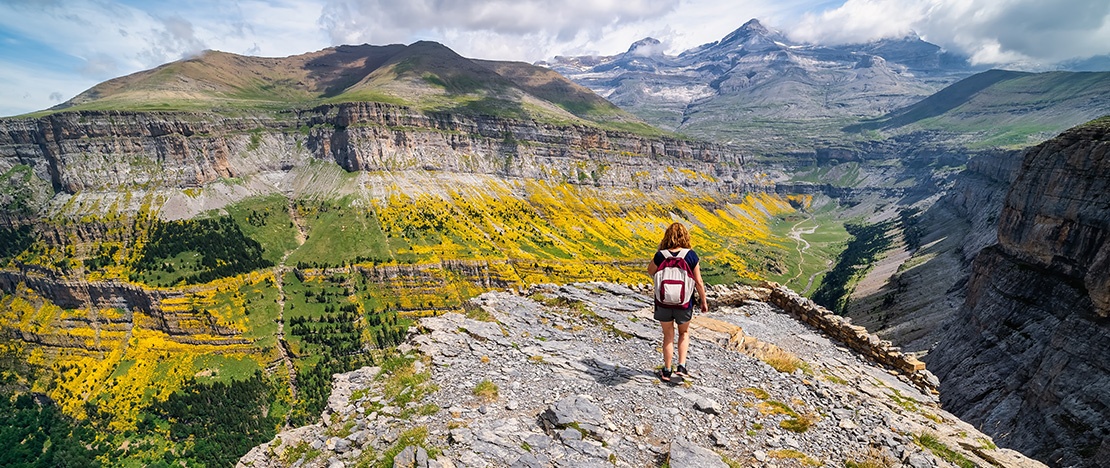
Commitment to the SDGs
Spain maintains a strong commitment to the SDGs (Sustainable Development Goals) of the 2030 Agenda for Sustainable Development, approved by the UN in 2015. It's worth remembering that the SDG targets include aspects directly related to the conservation of ecosystems and biodiversity, reducing pollution, protecting the environment and combating climate change. In this sense, promoting ecotourism is vital to achieving all environmental goals.Are you ready to become an ecotourist?

